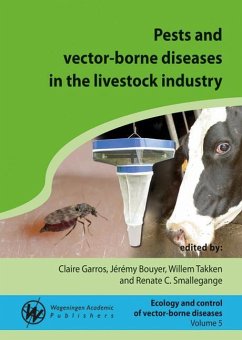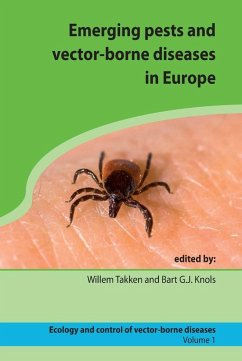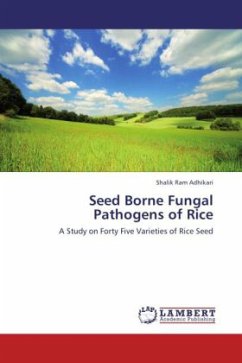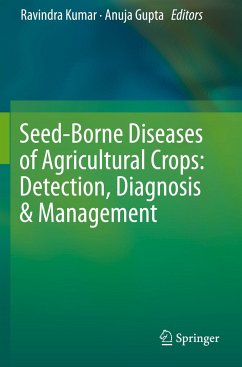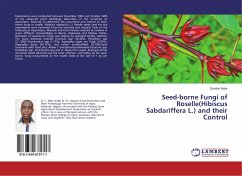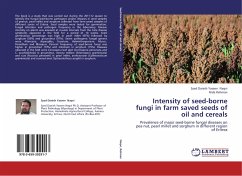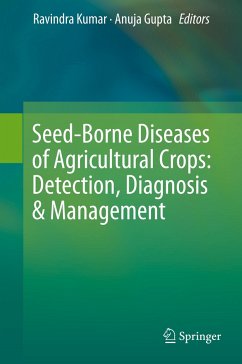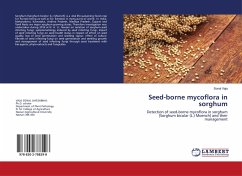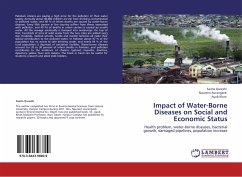
Impact of Water-Borne Diseases on Social and Economic Status
Health problem, water-borne diseases, bacterial growth, damaged pipelines, population increase
Versandkostenfrei!
Versandfertig in 6-10 Tagen
32,99 €
inkl. MwSt.

PAYBACK Punkte
16 °P sammeln!
Pakistani citizens are paying a high price for the pollution of their water supply. Annually about 40,000 children are die from drinking contaminated or polluted water, and 60 % of infant deaths are caused by water-borne diseases. Every fifth person in the country suffers from illness associated with pollution, and 40 %t of deaths in urban centers is caused by unsafe water. All the sewage eventually is dumped into waterways. On top of that, hundreds of tons of solid waste from the two cities are added every day. Hospitals, medical schools, textile and marble factories all make their special co...
Pakistani citizens are paying a high price for the pollution of their water supply. Annually about 40,000 children are die from drinking contaminated or polluted water, and 60 % of infant deaths are caused by water-borne diseases. Every fifth person in the country suffers from illness associated with pollution, and 40 %t of deaths in urban centers is caused by unsafe water. All the sewage eventually is dumped into waterways. On top of that, hundreds of tons of solid waste from the two cities are added every day. Hospitals, medical schools, textile and marble factories all make their special contribution to the polluted water. In Pakistan about 47 % of the population has no access to safe drinking water, and nearly 84 % of the rural population is deprived of sanitation facilities. Water-borne diseases account for 20 to 30 percent of infant deaths in Pakistan, and pollution contributes to the incidence of cholera, typhoid, hepatitis, diarrhea, dysentery, yellow fever and malaria. The book in hand can be useful for students, research and allied stalk holders.




